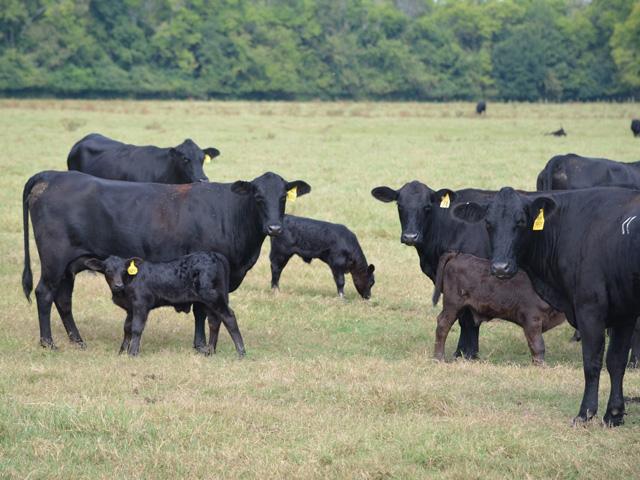Ask the Vet
Manual Removal of Fetal Membranes Can Do More Harm Than Good
READER QUESTION:
We had a cow calve in June and she did not clean off. My father wanted me to go in and remove the placenta. I called our veterinarian and he told me to leave the cow alone unless she got sick. It took over a week, but she finally passed it and she seems fine. My father, who is almost 80, still thinks I should have removed it like he used to do. What do you recommend?
DR. MCMILLAN'S ANSWER:
I think your veterinarian was exactly correct in his recommendation. Manually removing fetal membranes (a more technical term for what was hanging out) has been shown to damage the caruncles -- those are the attachment sites for the placenta in the uterus. This has the potential to reduce fertility.
P[L1] D[0x0] M[300x250] OOP[F] ADUNIT[] T[]
There are diseases, including Brucellosis and Leptospirosis, that can lead to retained fetal membranes. These diseases are zoonotic, meaning they can pass between animals and people. So, if you attempted to "clean her off" and she had one of these diseases, you could potentially infect yourself or the cow, while damaging the uterus by introducing some type of infection.
The fact is that the weight of fetal membranes and a mild infection at the site where the caruncles and cotyledons attach eventually lead to detachment naturally. Those rare occasions when a cow will get sick like this seem to be more common in the summer. In my opinion, this is just another good reason to avoid calving in the summer.
Call your veterinarian if you think you have a sick cow. Often, you'll notice she's gone off her feed. She may need antibiotics and anti-inflammatory medications. Very sick cows may need more intensive treatments, possibly including oral or IV fluids. I still like to flush the uterus of these cows with a warm antimicrobial solution.
In the past, many veterinarians have recommended oxytocin or one of the prostaglandins (Lutalyste, Estrumate, etc.) for retained placenta. Oxytocin, the milk let-down hormone, causes the uterus to contract during birth, but it has little to no effect after 24 hours. Lutalyse has a similar effect, but there is no evidence that contractions help the placenta come out.
So, my recommendations? Avoid summer calves and be patient when a cow does not clean off. She is better off in a clean pasture than in a dirty lot. This will almost always save you time, money and be better for the cow.
**
Editor's Note:
Please contact your veterinarian with questions pertaining to the health of your herd or other animals. Every operation is unique, and the information in this column does not pertain to all situations. This is not intended as medical advice but is purely for informational purposes.
Write Dr. Ken McMillan at Ask the Vet, 2204 Lakeshore Dr., Suite 415, Birmingham, AL 35209, or email vet@progressivefarmer.com.
(c) Copyright 2022 DTN, LLC. All rights reserved.






